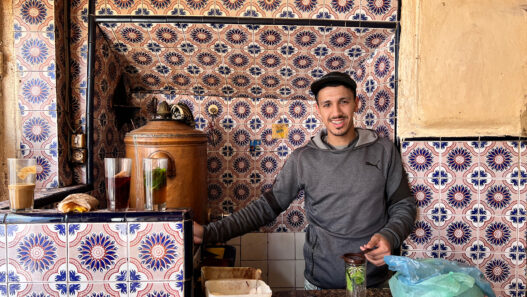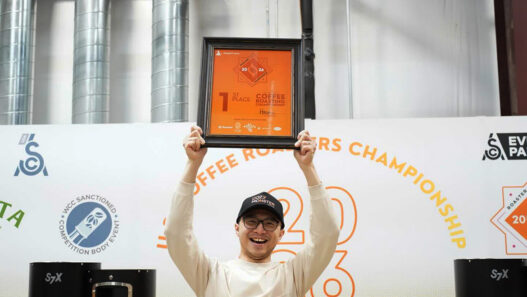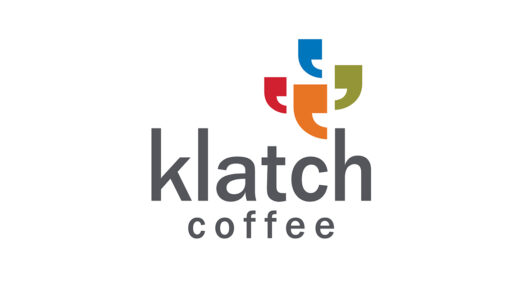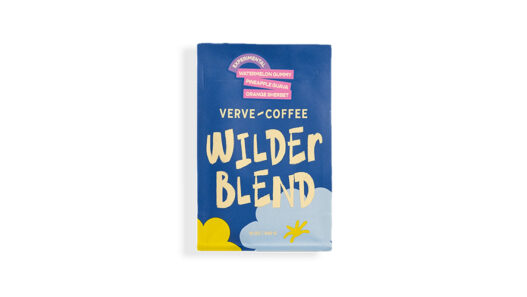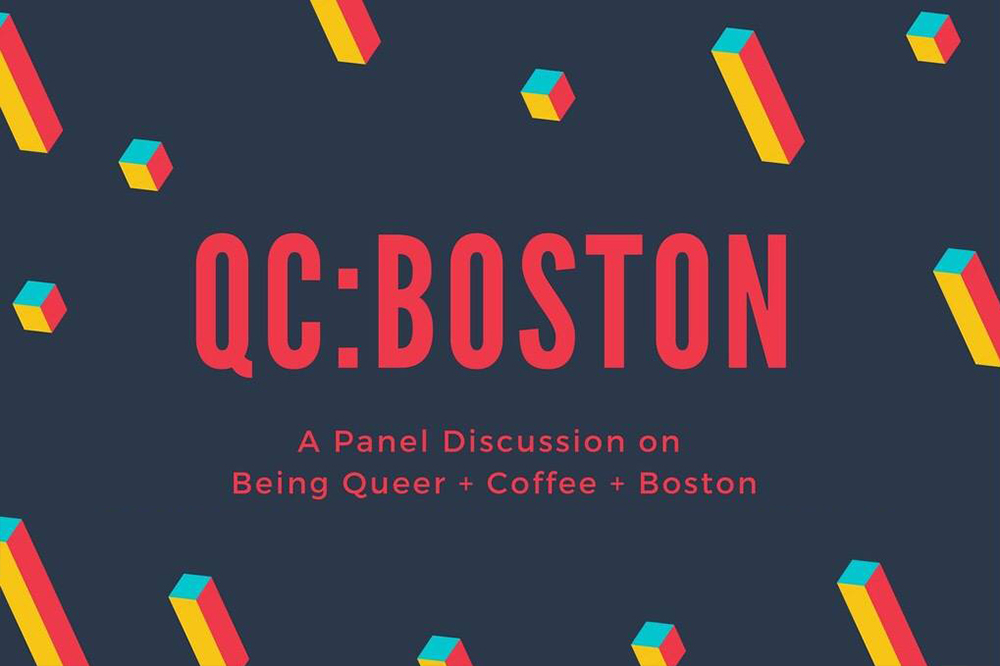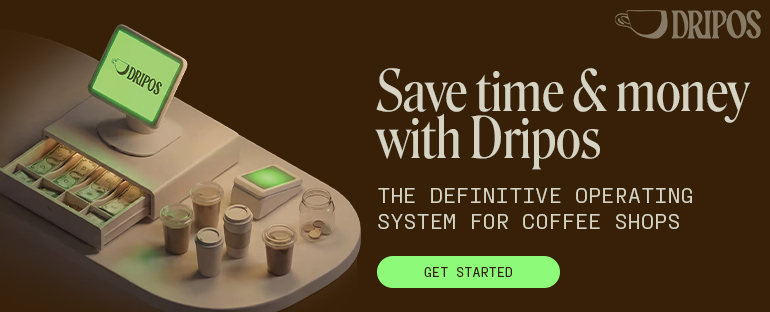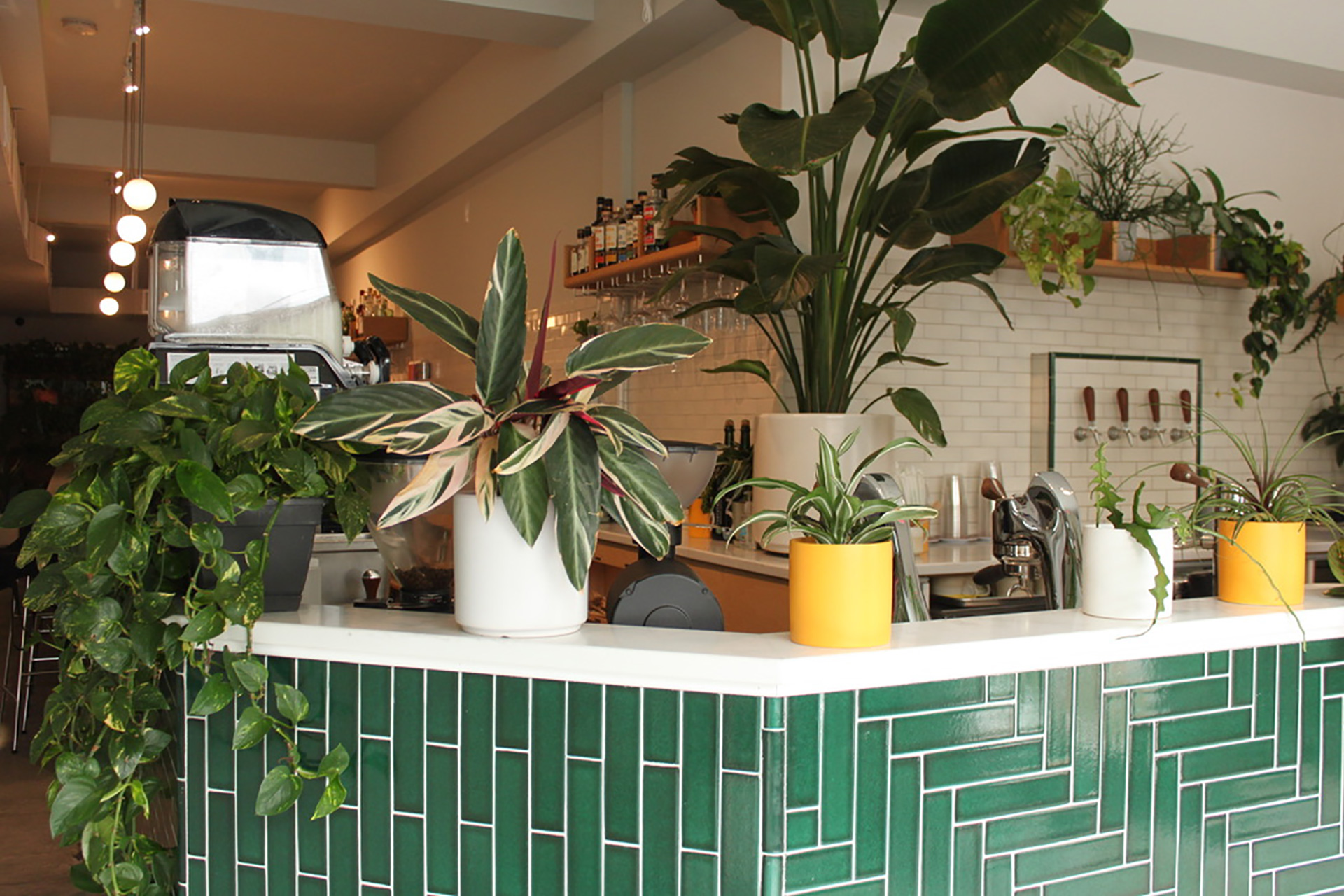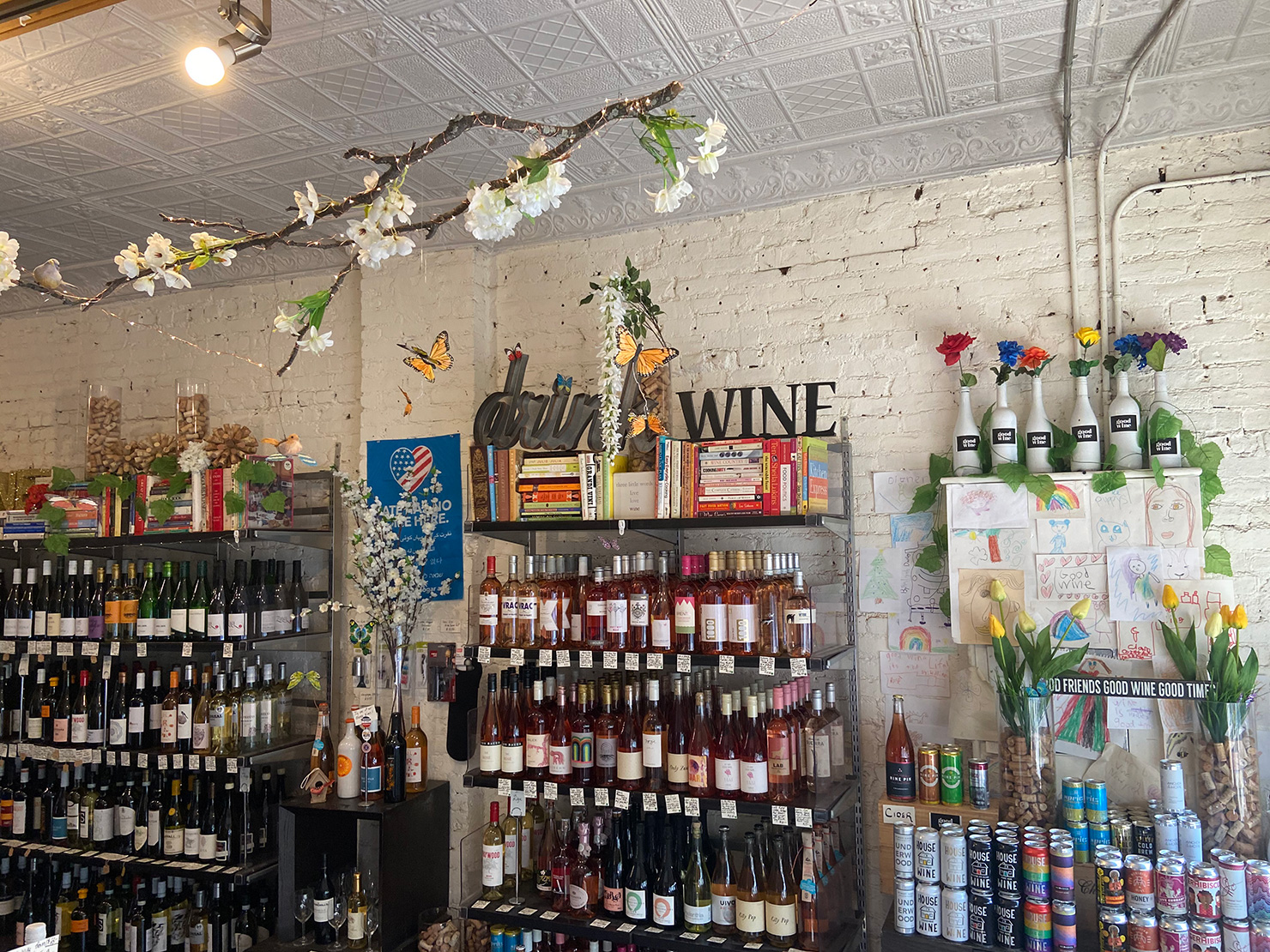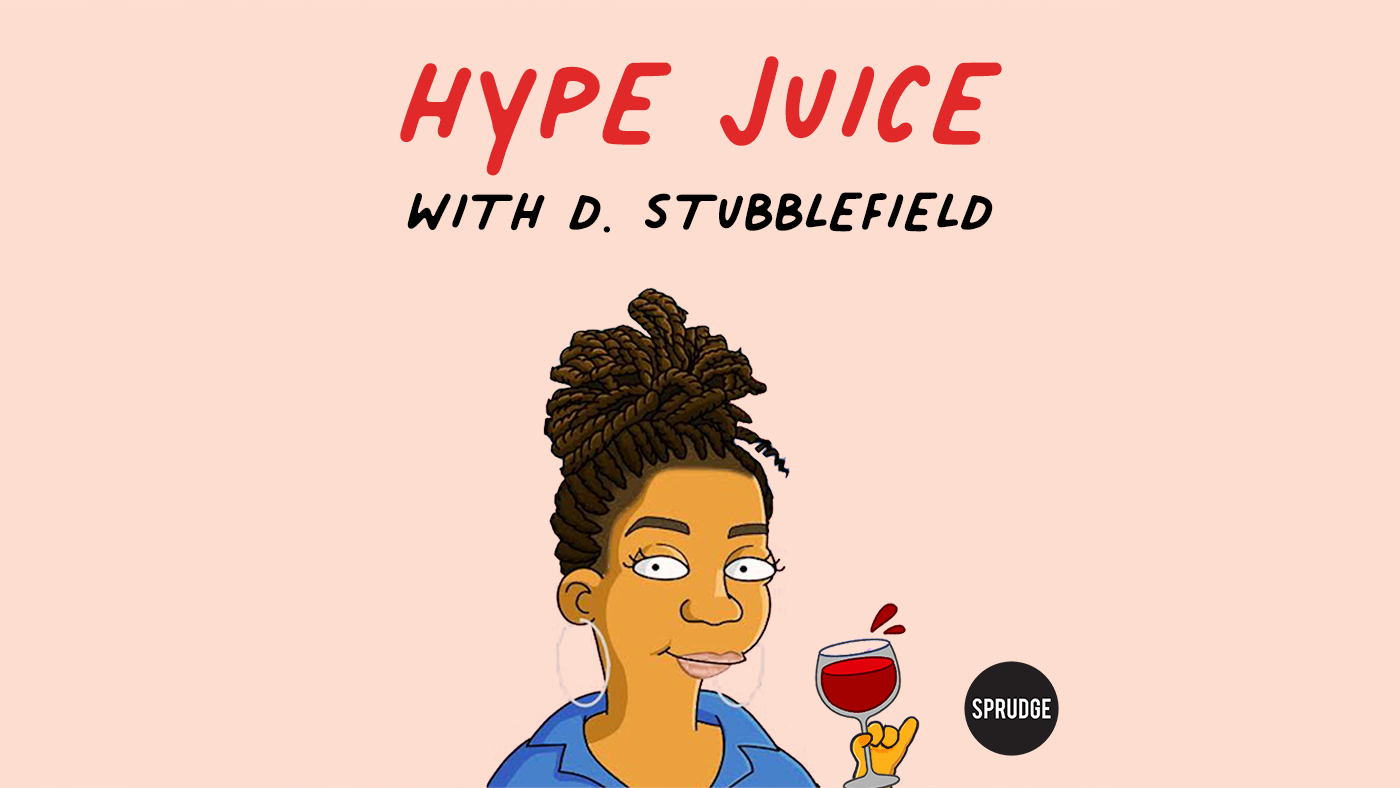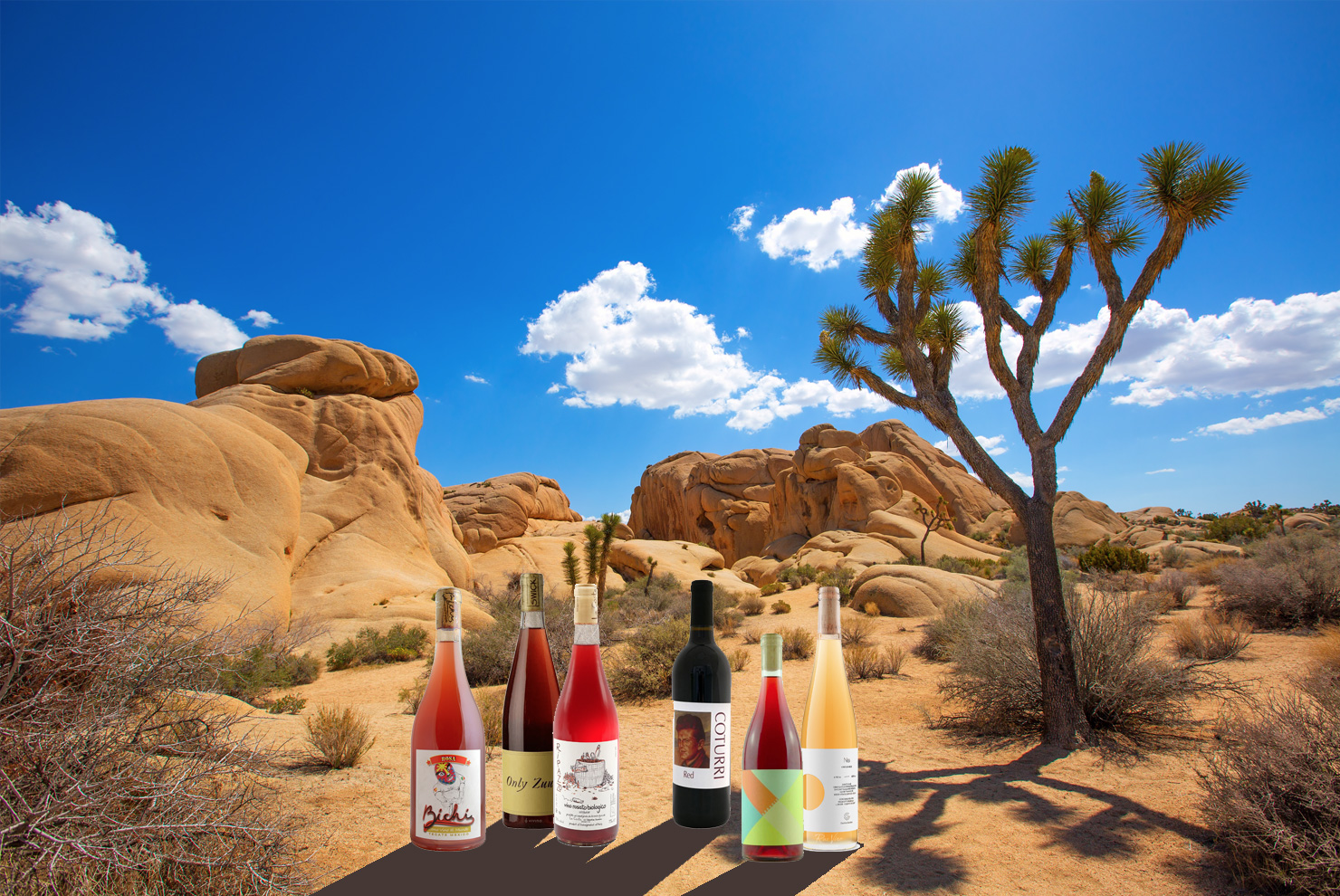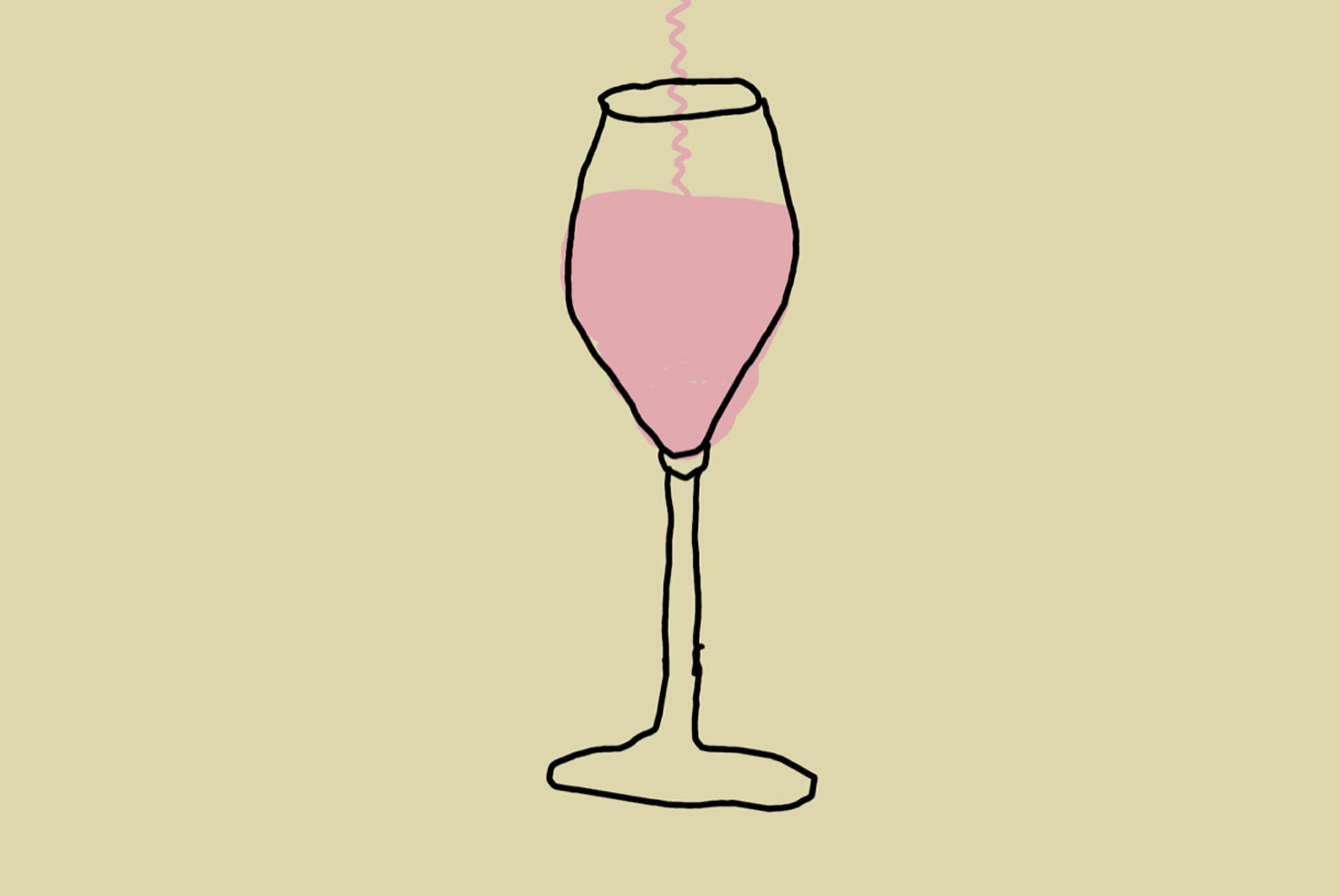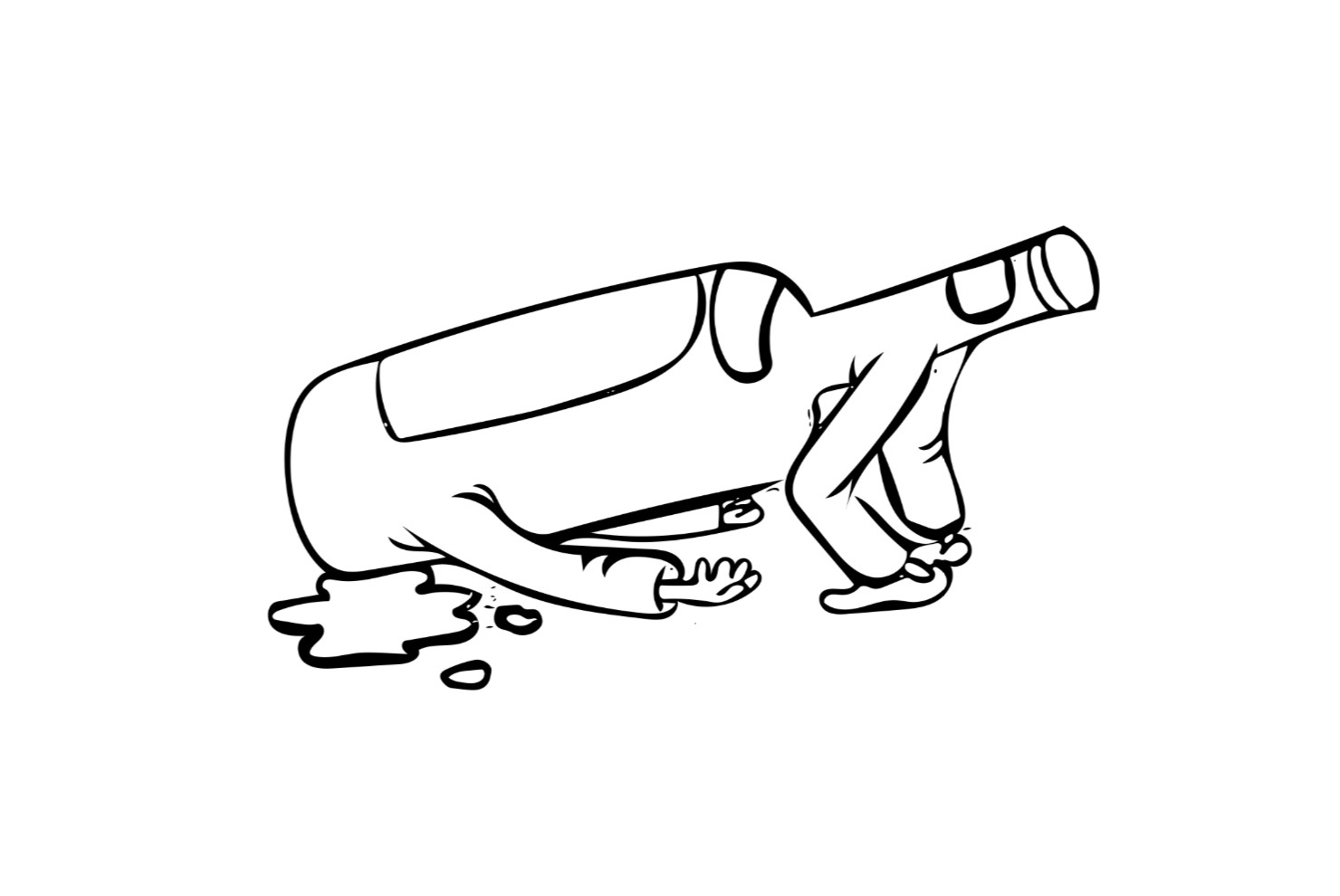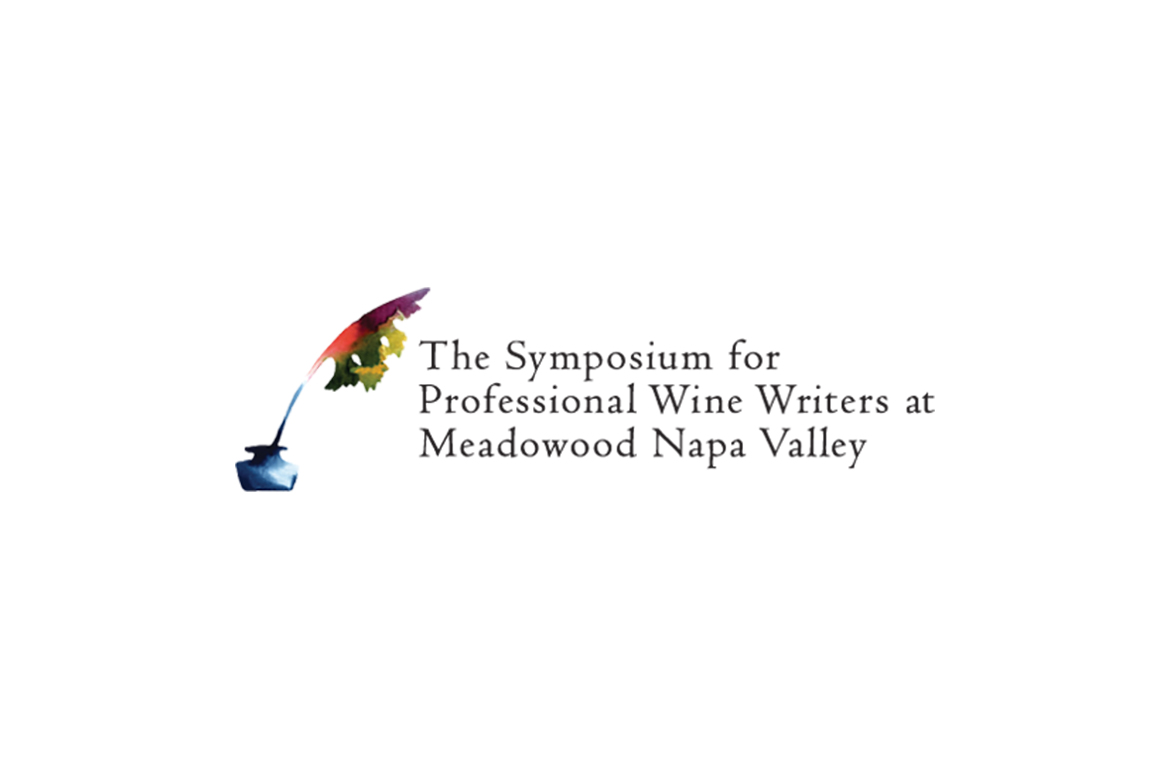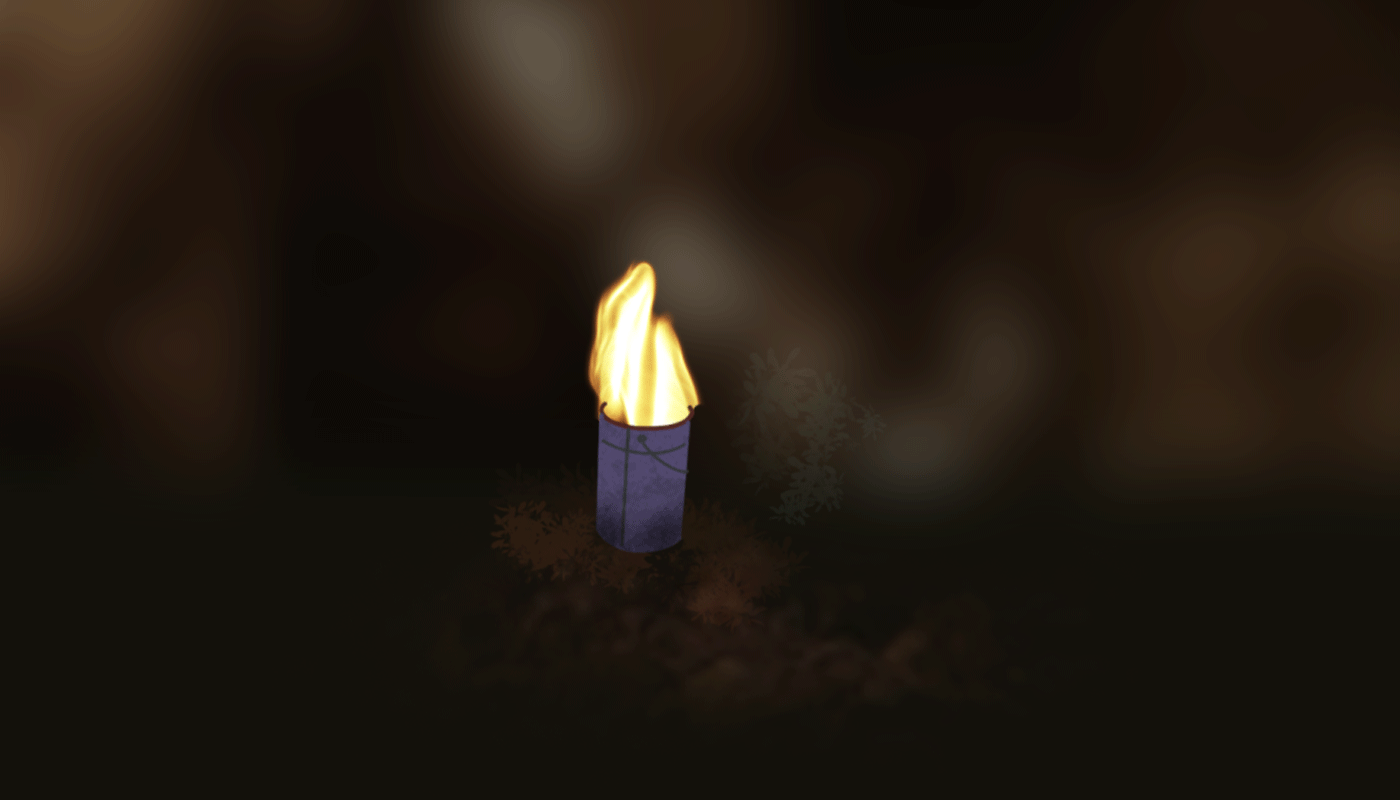It seems like only yesterday when we first reported on the launch and opening party for Good Grapes TV, a new wine web series from Kristin Barnes and Anette Roqueta. Directed, shot, and featuring an original soundtrack by Roqueta, Good Grapes TV follows ace interviewer Barnes as she leads us in conversation through the vineyards, cellars and into the glass. In a banner year for wine media this is one of the most exciting new projects we’re tracking here at Sprudge.
The grapes, the goodness, the TV show—I just had to learn more. Luckily the pair were kind enough to answer a few of my questions. Read on to learn more, and be sure to check out Episode One of Good Grapes out now.
This interview has been lightly edited and condensed for clarity.
Hey there Good Grapes team! By way of introduction, how’d you come up with the idea for Good Grapes TV? What was the initial conversation like?
Kristin Barnes: I knew I wanted to make a wine show, and I was trying to convince Rocket to help me—despite the fact that she didn’t necessarily care about wine. We had our first GGTV meeting around my kitchen table, and I told her my concept for the pilot: to feature two contrasting urban wineries that you could visit with your Metrocard. I called Abe Schoener and asked when he would be in town next so I could take Rocket on a tour/tasting, and he said he was going that day. We packed up and went down to Red Hook to meet Abe and Christopher Nicolson, and a few hours later Rocket was in love with wine, and wanted in on the show.
Anette Roqueta: Kris took me to my first barrel tasting and it was an intense day of learning that ultimately led to our partnership. I was swept off my feet by the winemaking process. I had done wine tastings before but there was something special about tasting something that wasn’t fully developed. There was either potential, a problem, or a prediction. Hearing the winemakers talk about their wine made me realize the parallels to art making and then everything clicked. I only knew wine as a bottle before but that experience gave me a new perspective and opened up my wine appreciation to a new level. At the end of that day, I didn’t even give a thought I just said yes to the show because I knew this was important.
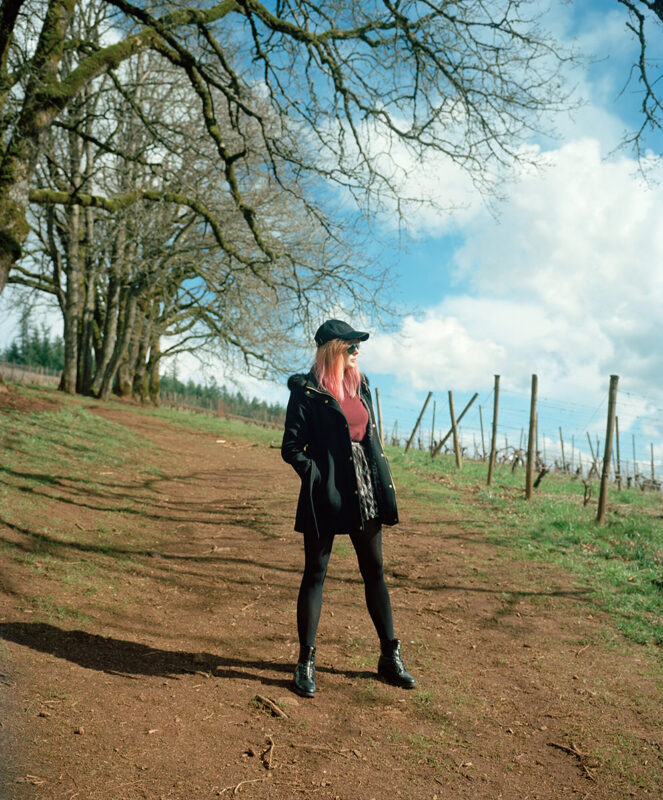
I’ve been friends with my writing partner since high school. We’ve had scripts, blogs, animation and even podcasts that never panned out. What are some other projects you’ve worked on or are still working on?
Roqueta: This is our first project together. It took awhile for both of our worlds to find each other.
Barnes: We’ve talked about a band on and off for years, and maybe one day it will happen. Until then it’s karaoke duets.
Any fun road trip stories or behind the scene snafus while working on Good Grapes TV you can share?
Barnes: There may or may not have been an incident involving my dad’s BMW in an In ‘n Out Burger parking lot…There were lots of little communication issues, technical difficulties, etc, but considering it’s just the two of us doing 20 jobs each, it could have been worse. Oh, and we kinda stalked Joe Swick and forced him to be on camera, but he was gracious about it.
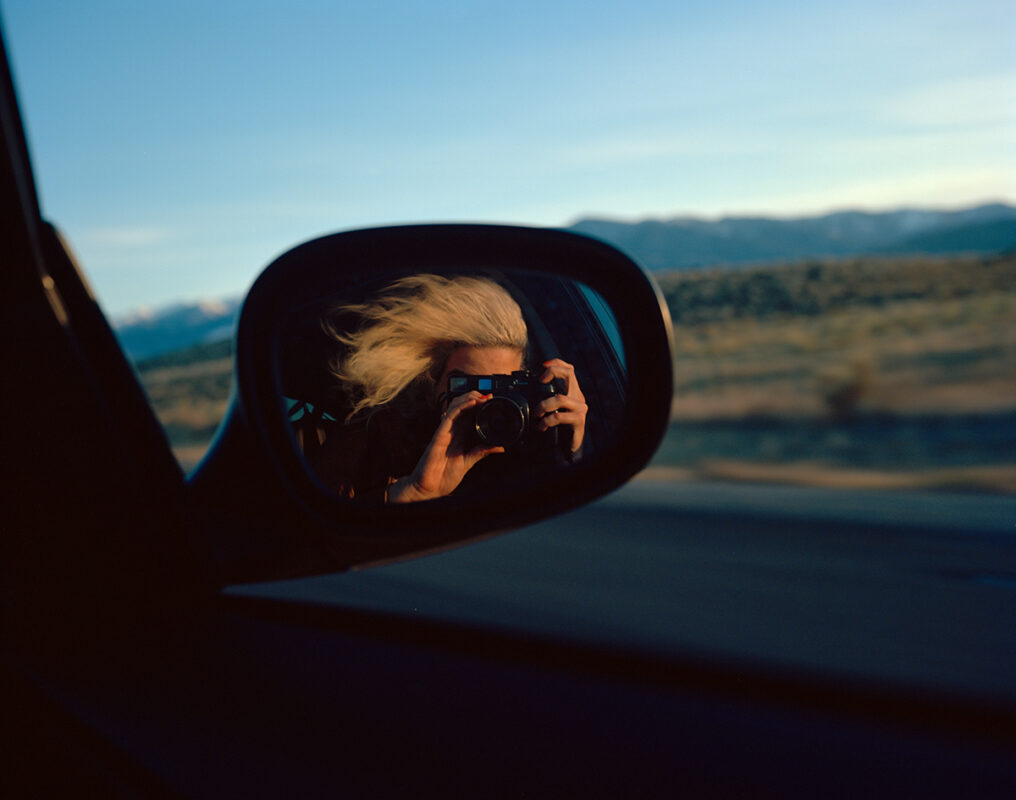
Barnes, are there any interviewers or on-air personalities that helped shape the way you interact with your subjects?
Barnes: Not one particular person, but I grew up obsessively watching the History Channel (back when it was good), and PBS. I knew that I didn’t want it to be the “Kris” show, and that I wanted to interview in a style that opened up subjects to tell their own stories, and to allow the viewers to form their own opinion. When I was first studying wine, I frequently felt wrong, and my intention is for our show to be accessible to people who want to learn more without the fear of wine snobbery. Anthony Bourdain has become an influence, but honestly I never watched him until a few weeks ago when I had a cold and binged Parts Unknown…so I took his death pretty hard—like losing a new friend.
Roqueta, a similar question, do you have an affinity for any particular film movement or director?
Roqueta: I’m a purist at heart, I love anything that is unapologetic in its truest form. Growing up in the 90s, television was school for me. Besides the usual suspects like Nickelodeon and MTV, I did watch a lot of Food Network and Travel Channel. Ina Garten was my vanilla, and Anthony Bourdain was my chocolate. Music videos were the first form of filmic art that I gravitated towards and that I still reference today. I especially thought a lot about it making Good Grapes. The work David Lachapelle was making during that time was so grand and seductive because every detail was his. Yet Spike Jonze was churning out video after video that was always different but always had his grounded whimsy aesthetic. Jonze influenced me with his emotional capacity and I think his work always reminds the viewers there’s a camera here, although its imaginative someone real made this.
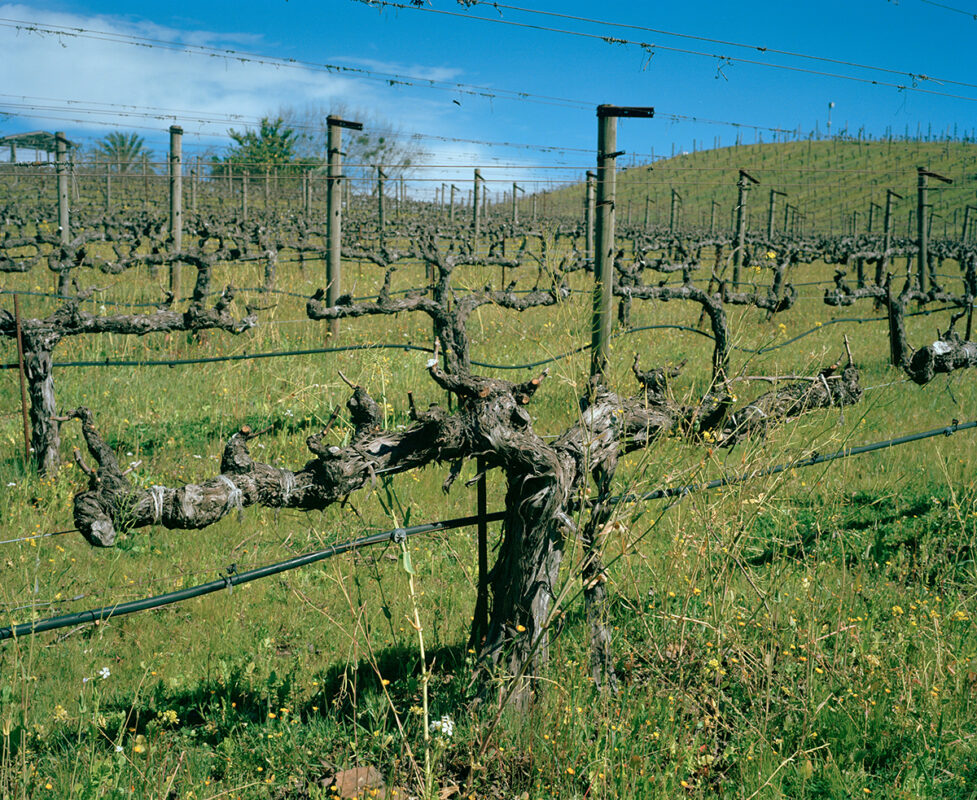
Roqueta, you are still very much a newcomer to wine. How has this experience shaped your view on American wine culture and the wine industry?
Roqueta: I don’t think my view has been fully formed yet. I’m still absorbing and digesting it all. Our focus now has been on natural winemakers, which are at the end of the day small business owners. They’re just real people trying to make an honest buck. It just so happens that what they do has a ton of history and is wrapped around so many facets of current issues like climate change and labor laws just to name a couple. Currently I don’t see a barrier in the industry but I don’t see a path that makes it a walk in the park. We’re trying to make the wine world more accessible with our own education and research that’s fostered by winemakers, sommeliers, and farmers.
A question for both of you: how does Good Grapes TV stand out in a sea of wine media?
Barnes: I think GGTV stands out for a number of reasons: To start, there’s a sea of blogs and podcasts about wine, but they lack the visual element, and are generally targeted for industry people. I think visualizing is so important to learning, and I wanted to bring the words and names on the wine label to life. Interest in wine, and wine sales are only increasing year over year, and I’d like GGTV to be a place you can learn about wine if you can’t take professional classes, or you find wine blogs boring. Somewhere free of judgment or pretense, where the goal is always to enjoy yourself.
Roqueta: I see GGTV as a resource. Not only for people who are in the industry but for those who enjoy wine. We are ultimately trying to show the spectrum of this world. And I totally agree with Kris on the visual element, the audience needs to see it to believe it. Another crucial component is the storytelling. I think people crave honesty and are looking to relate to others. The interviews are meant to carry the show there.
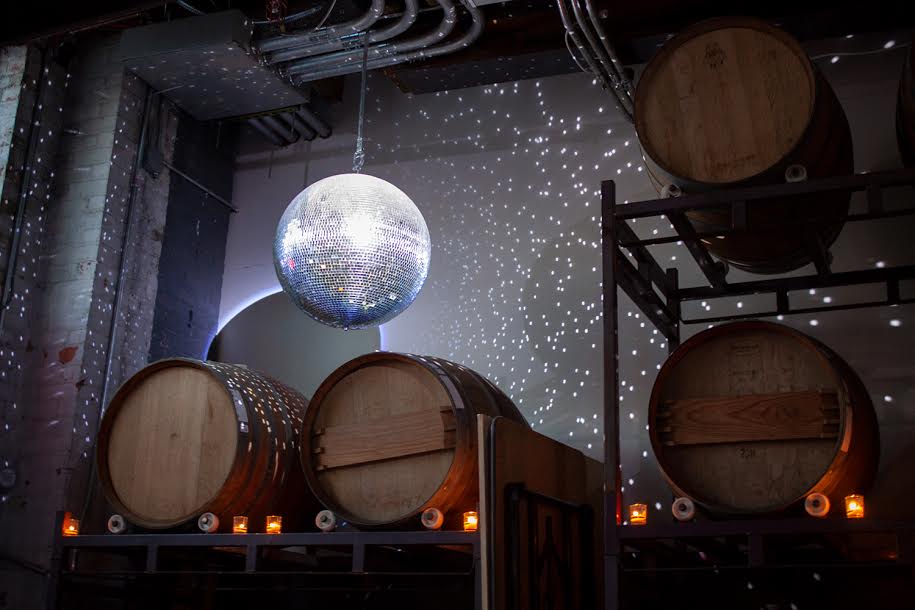
Last question—your opening party looked so fun! How’d you hook up with Zev Rovine for the event?
Barnes: Zev was an early supporter of the show since it was in concept—he opened his rolodex to me whenever I wanted to connect to a winemaker. When the venue, Honey’s, suggested using Zev Rovine Selections to help with the wine list, I of course said yes. We served one of my favorites, Clos Lentiscus, by the glass and bottle.
Thank you.
Photos by Anette Roqueta.
Watch the first episode at Good Grapes TV and follow Good Grapes on Instagram from updates.
Matt Kuhr (@awkwardhaiku) is a freelance journalist and the publisher of Awkward Haiku Drink Zine. Read more Matt Kuhr on Sprudge.




